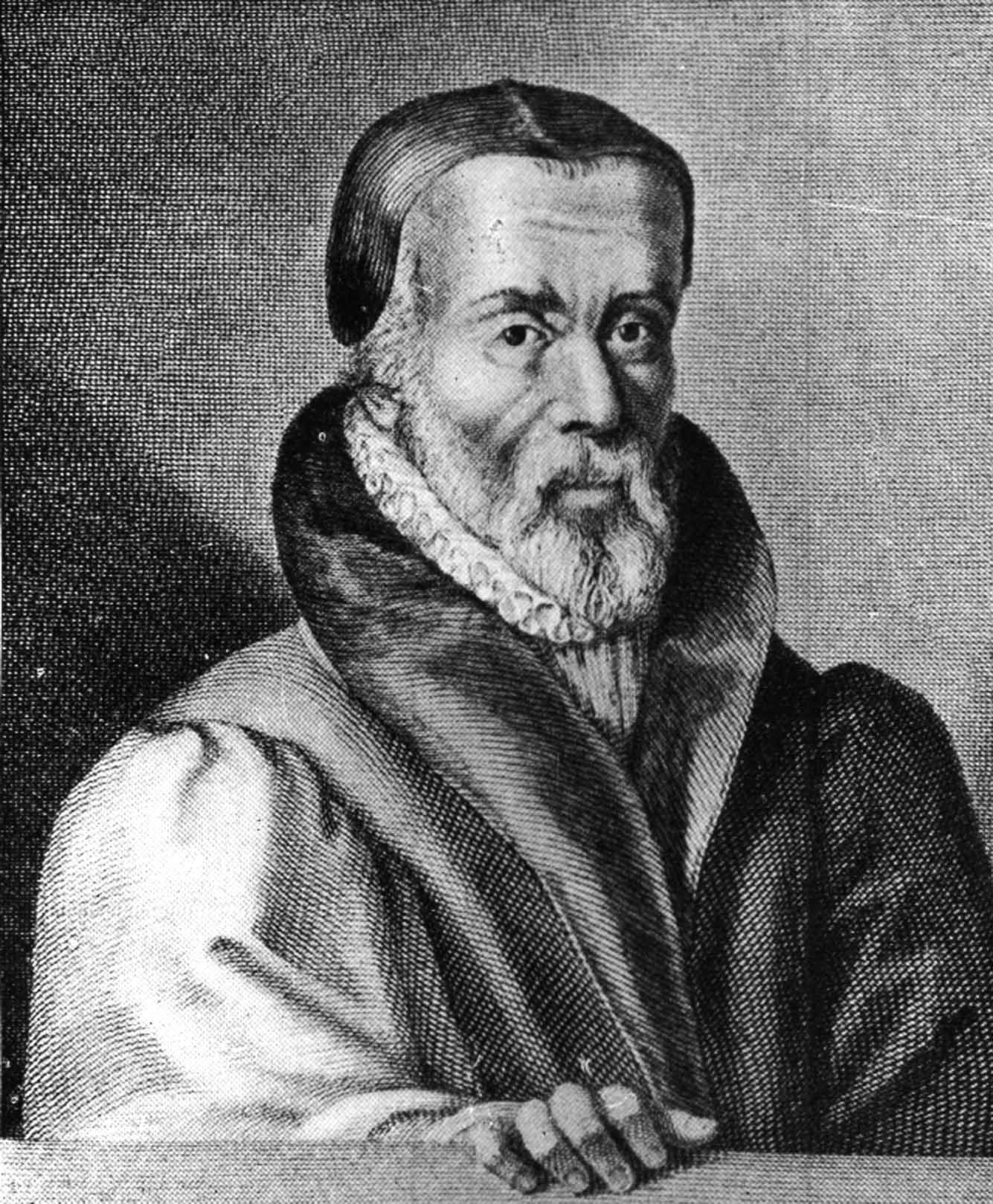
October 1: St. Remi [or Remigius; 438-530]
Remi was the Bishop of Reims in France beginning at the age of 22. Yes, that's right. Remarkable that in contemporary times we draw out the process of electing a bishop through multiple meetings, video presentations, and "penetrating" questions. As we have seen in our Monday lesser feasts, early Christian bishops were selected according to the regard of the faithful; they are either very young or, for the times, rather elderly when appointed, and yet are able to lead and inspire with great power.
Maybe we should go back to the old method.
Remi was one such bishop, who was able for 70 years to present a mighty witness in what is now France. In fact, the devoted style of Christianity that is practiced by the French [including Acadians, Canucks, Cajuns, etc.] began when Remi baptised King Clovis [as seen to the left], thus converting an entire and sizable portion of Europe from a variety of pagan beliefs.
More of him may be read here.
O God, by the teaching of your faithful servant and bishop Remigius you turned the nation of the Franks from vain idolatry to the worship of you, the true and living God, in the fullness of the catholic faith: Grant that we who glory in the name of Christian may show forth our faith in worthy deeds; through Jesus Christ our Lord, who lives and reigns with you and the Holy Spirit, one God, for ever and ever. Amen.
October 4: St. Francis of Assisi [1182-1226]

Certainly, one of the best known of all the medieval saints, so much so that there are at least a dozen films made of his life, countless publications, plus one Marvel comic book. The monastic order that he established, the Society of St. Francis, or SSF, is not only still in existence but there is still a very active chapter that is part of the Episcopal Church.
It would be difficult to distill his life into a few paragraphs, not to mention a disservice to his considerable story, so I'll simply make reference to a few sites to be found at the links here, here, and here. Lay people who are interested in having more routine spiritual direction in their lives may join the Third Order of the SSF, which enables those who are in the world to have the support of a prayerful community and the occasional opportunity for retreat and meditation as supported by a world-wide network of like-minded people.
Most high, omnipotent, good Lord, grant your people grace to renounce gladly the vanities of this world; that, following the way of blessed Francis, we may for love of you delight in your whole creation with perfectness of joy; through Jesus Christ our Lord, who lives and reigns with you and the Holy Spirit, one God, for ever and ever. Amen.
October 6: William Tyndale [1495-1536]

A forerunner to last week's feast honoree, Lancelot Andrewes, Tyndale's goal was similar: namely, to translate the Holy Bible into English. Whereas Andrewes in latter days had the support of King James I, Tyndale had to face James' grandfather, King Henry VIII, who did not give his support for this endeavor. In fact, far from it.
From this site, I quote:
[Tynedale] was a sixteenth century Protestant reformer and scholar who translated the Bible into the Early Modern English of his day. Although a number of partial and complete English translations had been made from the seventh century onward, Tyndale's was the first to take advantage of the new medium of print, which allowed for its wide distribution. In 1535, Tyndale was arrested, jailed in the castle of Vilvoorde outside Brussels, Belgium for more than a year, tried for heresy and treason and then strangled and burnt at the stake in the castle's courtyard. At the time, the Church believed that if lay people had direct access to the Bible they would misinterpret and misunderstand what they read. Possibly, they would question the teaching of the Church and the authority of the priests. By keeping the Bible in Latin, which few other than priests and scholars could, read, the role of the priest as gatekeeper was protected. Tyndale also made a significant contribution to English through many of his phrases that passed into popular use. His legacy lives on through his continued influence on many subsequent English translations of the Bible. Much of Tyndale's work eventually found its way into the King James Version (or Authorized Version) of the Bible, published in 1611, and, though nominally the work of 54 independent scholars, is based primarily on Tyndale's translations.Yes, you read that correctly. He was both strangled and burnt at the stake. They took heresy, or even what's now called academic freedom, rather seriously in those days.
Almighty God, you planted in the heart of your servant William Tyndale a consuming passion to bring the Scriptures to people in their native tongue, and endowed him with the gift of powerful and graceful expression and with strength to persevere against all obstacles: Reveal to us your saving Word, as we read and study the Scriptures, and hear them calling us to repentance and life; through Jesus Christ our Lord, who lives and reigns with you and the Holy Spirit, one God, for ever and ever. Amen.